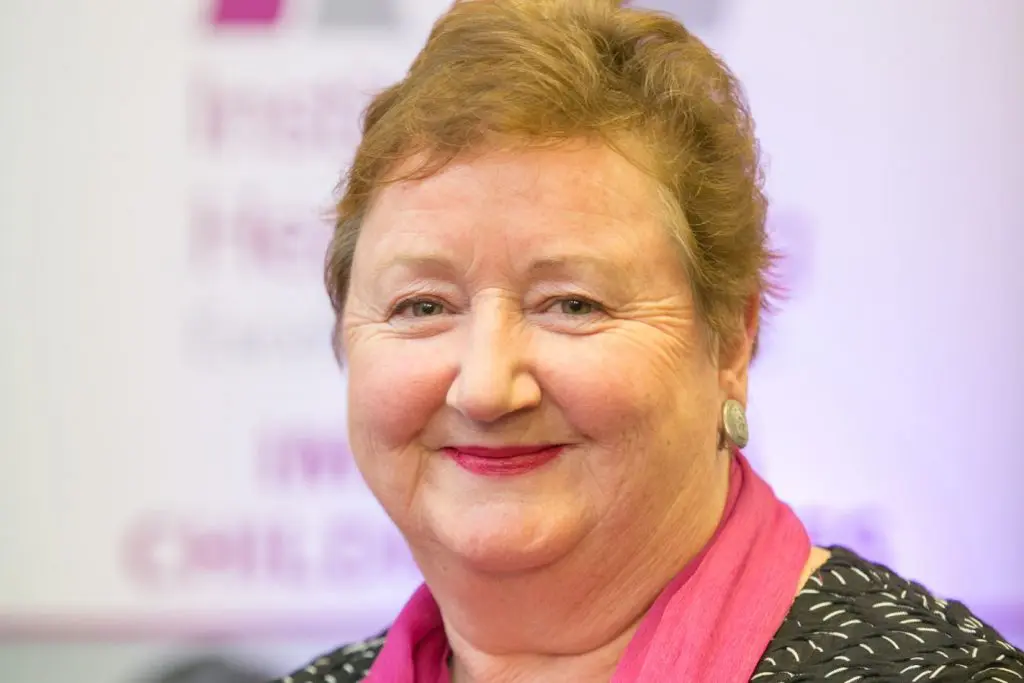12th May 2020
On International Nurses Day 2020, a blog by Dr Cheryll Adams CBE, Executive Director at the Institute of Health Visiting.

Dr Cheryll Adams CBE, Executive Director, Institute of Health Visiting
Today marks the International Day of the Nurse, it also marks two hundred years since the birth of Florence Nightingale, the most influential nurse ever. So where does health visiting fit in?
Today, we publish a fascinating paper by Professor Rosamund Bryar which describes why health visiting also has history with Florence. Indeed, Florence was first and foremost a public health practitioner, fully understanding that if you don’t address basic things, such as having clean water, and implementing infection control mechanisms, such as hand washing, then even the best nursing in the world is unlikely to save the patient.
But she was more than that, she was also an epidemiologist, understanding how the use of statistics could drive health policy. Indeed, she has been credited with being a pioneer of evidence-based health care and is still revered to this day as one of history’s most important statisticians. Professor Bryar’s paper describes how others today have used Florence’s methodology to highlight the excessive deaths this year.
We remain in the midst of the first pandemic for a hundred years and, despite knowing so much more than Florence did about the spread of disease, we haven’t yet managed to get it under control. What might she have done if she was alive today? Perhaps very similar things! She depended on relationships with a range of national experts to advise her, and on data as our government has. However, I wonder if she would have moved faster on trying to stem the risk for those living in care homes. She would certainly have challenged the shortages of PPE with politicians as our nurse leaders today have.
“The three things which all but destroyed the army in Crimea were ignorance, incapacity, and useless rules; and the same thing will happen again, unless future regulations are framed more intelligently, and administered by better informed and more capable officers,” she wrote, exasperated by civil servants and politicians.
Florence, as a social reformer, understood health visiting. Indeed, it was under her influence in Hertfordshire that the first health visitors were employed by the local authority, she also advised on the education for these, then called, health missioners. She understood why the profession needed to be different in its way of working to nursing and, even in those early days of the twentieth century, should be allowed to develop and expand down a health promotion and disease prevention pathway – again I refer you to Professor Bryar’s paper for more detail.
Today, most health visitors are nurses – but they all have additional qualifications and education to support them in their public health practice, as such health visitors should be very proud of their connection to this nursing and public health pioneer. She was so much more than ‘the lady with the lamp’ and that needs to be much better understood.

